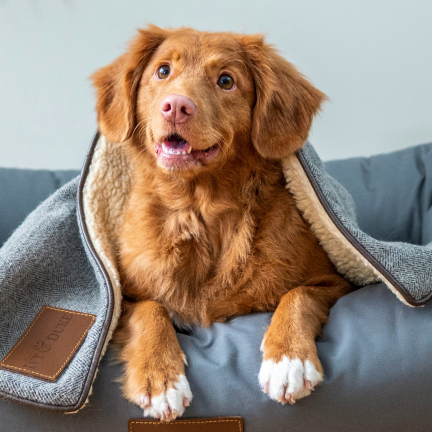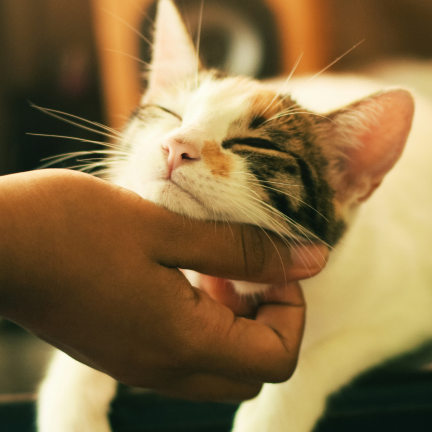Blog:A Guide to Preventing Accidental Poisoning in Pets

You love your animal companions like family and want them to stay safe and healthy. But sometimes they get curious and eat something they shouldn’t. This can lead to accidental poisoning. Here are some proactive tips to avoid this alarming situation and how to handle it if it happens.
Know the Common Poisons
To prevent accidental poisoning in pets, start by familiarizing yourself with substances that pose harm to them. Some of the most common poisons for pets are:
Human medications, such as painkillers, antidepressants, cold and flu remedies, and vitamins.
Household products, such as cleaning agents, detergents, antifreeze, rat poison, and batteries.
Foods such as chocolate, grapes, raisins, onions, garlic, xylitol, and alcohol.
Plants such as lilies, azaleas, tulips, sago palms, and oleander.
Insecticides, such as flea and tick products, sprays, baits, and traps.
These are just some examples of poisons for pets. Other substances may be toxic to your specific pet species or breed. Ensure safety by consistently examining the label of any product before administering it to your pet or using it in their vicinity. If you are uncertain about an item’s safety, ask your veterinarian or a poison control center about it.
Keep Poisons Out of Reach
The second step to prevent accidental poisoning in pets is to keep the poisons out of reach. This means storing them in secure containers and cabinets that your pet cannot access. Use child-proof locks or latches on drawers and doors where you keep the poisons.
Remember that some pets are clever and can open cabinets or jump on counters. Avoid putting poisons on the floor, table, or couch where your pet might find them.
Educate Yourself and Others
The third step in preventing accidental poisoning in pets is learning more about the types and symptoms of pet poisoning from your vet or online resources.
You can also teach your family members and friends how to prevent and handle poisoning in pets. For example, tell them not to give your pet any human medications or foods without your permission. You can also inform them about the location and number of the nearest vet or poison control center.
Act Fast If Poisoning Occurs
The fourth and final step to prevent accidental pet poisoning is to act fast if poisoning occurs. If you suspect your furry friend has ingested something toxic, avoid panicking and do not wait for symptoms to manifest.
Call your vet or a poison control center immediately and follow their instructions. They may ask you to bring your pet to the clinic or induce vomiting at home. The veterinary professionals may also request information from you about the poison, including its name, amount, time of ingestion, and packaging. Please gather as much relevant information as possible and keep it readily available.
Accidental poisoning in pets can be scary and stressful, but it is preventable with some simple precautions. For more pet care tips, visit Westminster Veterinary Group at our Westminster, California, office. Call (714) 899-1100 to schedule an appointment today.



